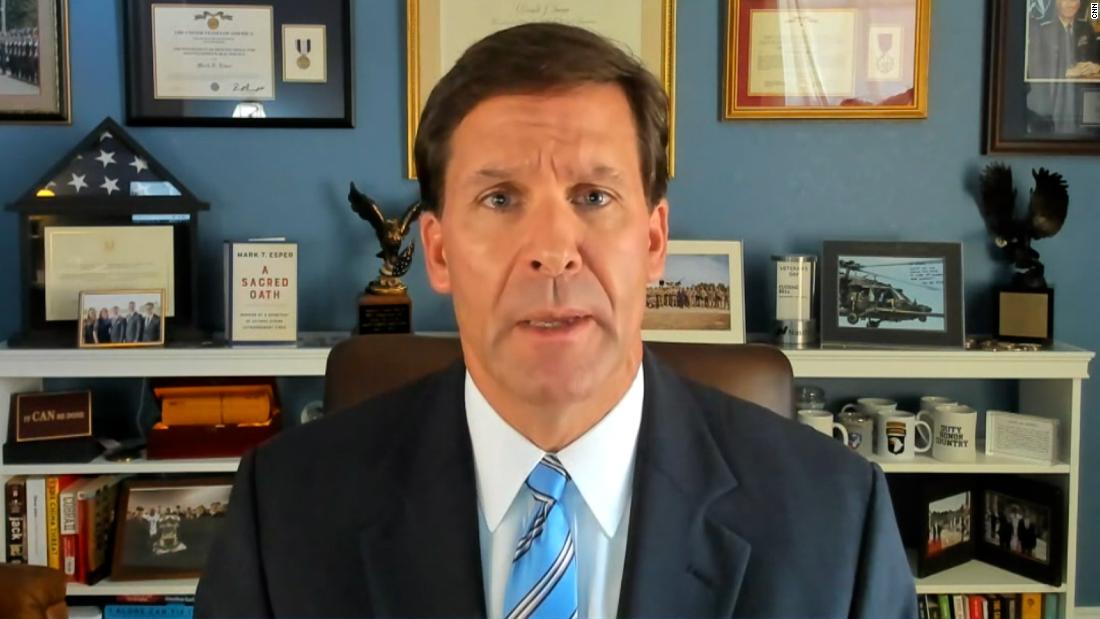Buffalo NY Probe Finds Few Rearrests After Bail Reform
Buffalo News reporters found that only 120 people were arrested for new crimes among 12,000 cases of individuals released before trial without bail under the state's landmark bail reform law.

Bail reform across America has been under the crossfire of critics who claim it has led to an increase in crime and increased threats to public safety. But a Buffalo News investigation found that that few people released without a judge setting bail are being rearrested for violent felonies.
The investigation found that since the sweeping changes to the state’s bail reform law, enacted in 2019, one of every five people arrested and released by a Buffalo City Court judge without having to post bail were rearrested — though few on violent felony charges.
“It’s working exactly the way it’s supposed to work,” Kevin M. Stadelmaier of the Erie County Assigned Counsel Program told Buffalo News reporters. “You’re letting low-level offenders remain at liberty while their cases are being adjudicated. These are people who historically are not a danger to the community.”
Looking at the data, the analysis accounted for nearly 12,000 cases, finding that in 44 percent (5,092 cases) of the time, the individual left the courthouse without bail. Of that 5,092 cases, only 120 people were rearrested on a violent felony charge while their original case against them remained open.
“Slightly more than 1 percent were rearrested on a gun charge,” the journalists with Buffalo News detail.
In extreme examples, since Jan. 1, 2020, two men each have been arrested on petit larceny charges in Buffalo 36 times — 11 others have more than 10 petit larceny arrests each, according to Buffalo police data reported on by the Buffalo News.
See Also: Beyond Bail Reform: The ‘Safety’ Approach to Pretrial Justice
Addressing the Numbers
The Buffalo News team analyzed data from the state Office of Court Administration for 11,672 Buffalo City Court cases from Jan. 1, 2020, — June 30, 2021, the first 18 months when the new bail rules were in effect.
This is the most recent data available, and it does not indicate the specific charges for which a person was rearrested for, but it does include a charge level: “12.2 percent were rearrested on a misdemeanor charge, 7.2 percent for a nonviolent felony charge, and 2.8 percent for a violent felony charge.”
To that end, the most common types of initial charges for those released on their own recognizance were assault (20 percent), property crime (18 percent), drug crime (14 percent), larceny (9 percent), and unlicensed operation (6 percent).
“Regardless of what happened at their arraignment, bail or no bail required, 224 people were rearrested for a violent felony,” the Buffalo News report outlines.” That’s 2.5 percent of those released.”
Overall, this data uncovered that the bail reform in Buffalo is properly letting low-level offenders remain at liberty while their cases are being addressed.
Has NYS Bail Reform Become Political Theater?
The bail reform laws have long been a source of criticism from law enforcement and many republicans who argue that the reforms have allowed for “potentially dangerous criminals to roam free,” and for crime to increase details the Gothamist.
But, similarly to the findings of the Buffalo City Court, Politico reports that “No data, so far, suggests that bail reform has been responsible for higher rates of violent crime New Yorkers are seeing on the news, on the streets and in the subways, according to several recent analyses.”
Additional Reading: Bail Reform Not Responsible for Crime Hike: NYC Official
To that end, many are turning the reform topic into ammunition for political arguments.
In recent weeks, Governor Kathy Hochul has broken her silence on her proposal to roll back some bail reform measures with the latest 2022 New York state budget plan, according to WSKG.
Hochul has been under criticism after a leaked 10-point memo showed potential revisions the state would make to the 2019 reforms, including an end to most forms of cash bail. In response, Hochul says that the criticism means she’s “hit the correct balance.”
“There’s an urgency out there,” said Hochul, who added that New Yorkers can’t wait until the end of the session in June for the items to be decided, WSKG detailed.
“Time is of the essence,” she said.
The 2019 bail laws, approved by then-Governor Andrew Cuomo and the Democrat-led Legislature, took away the ability for judges to impose cash bail restrictions while a defendant awaited trial for most misdemeanor and non-violent felonies.
The idea, the Gothamist details, was to avoid criminalizing poverty by forcing those who can’t afford bail to sit in jail while awaiting trial.
Despite this, Politico reporters say that the bail reform debacle has become “gold for Republicans, who are hoping to make gains in the suburbs this fall.”
Long Island Representative Tom Suozzi, who is challenging Hochul from the GOP in the Democratic gubernatorial primary, has said that changes to the bail reform law, particularly those surrounding judge discretion when dealing with “dangerous” individuals is “common sense.”
“We have a crime crisis, and the governor has treated it like an afterthought,” he said, as quoted by Politico.
Progressive Democrats are also reportedly “furious” over Hochul’s cash bail reform plan, with many advocates and lawmakers issuing the rallying cry: “Fear not facts,” according to the Gothamist.
Latrice Walker, a Brooklyn Democrat who was one of the key architects of the bail changes in 2019 shared at a rally at the state Capitol that she is “prepared to go on a hunger strike to make sure that this does not happen.”
“When our rights are under attack, what are we going to do?” Walker said to the crowd last week, as quoted by the Gothamist. “Stand up and fight back.”
The full Buffalo City Court analysis of the criminal justice data can be accessed here.
Additional Reading: Why Bail Reform and Record Expungement Can’t Be Separated

 Landwebs
Landwebs 




















